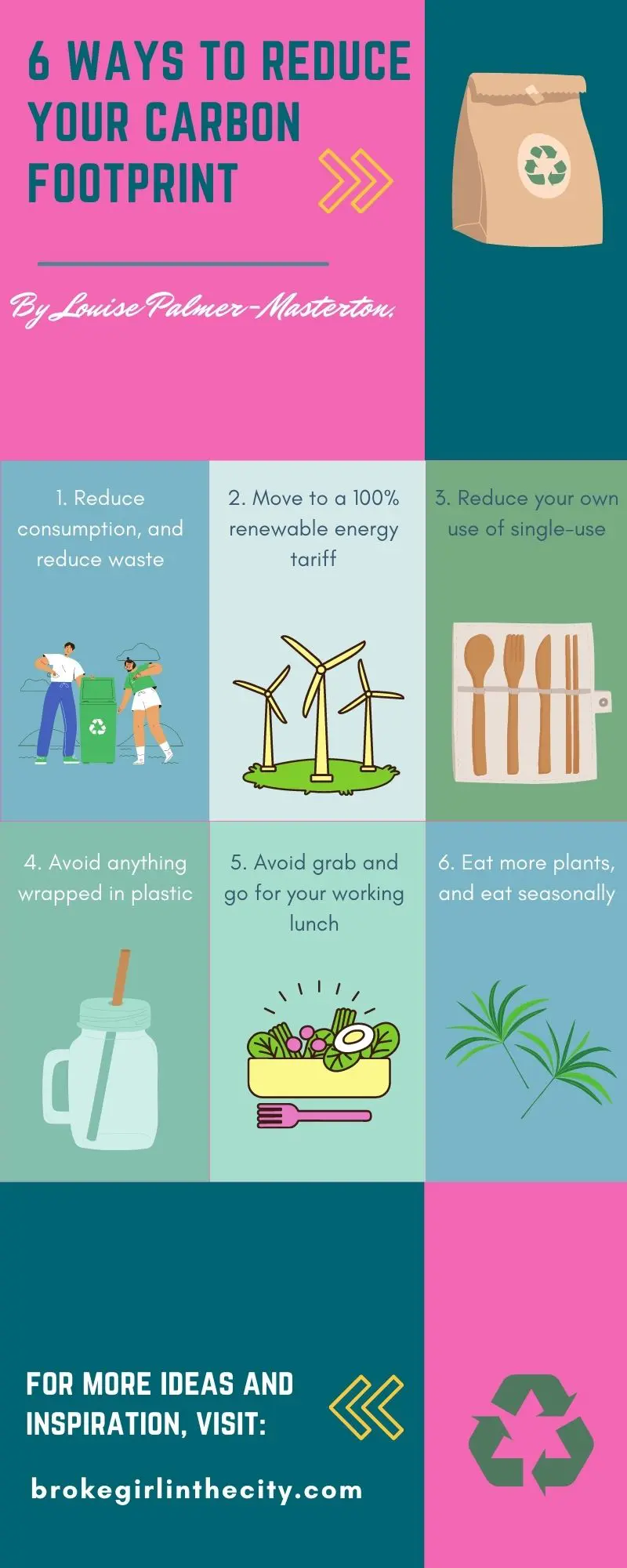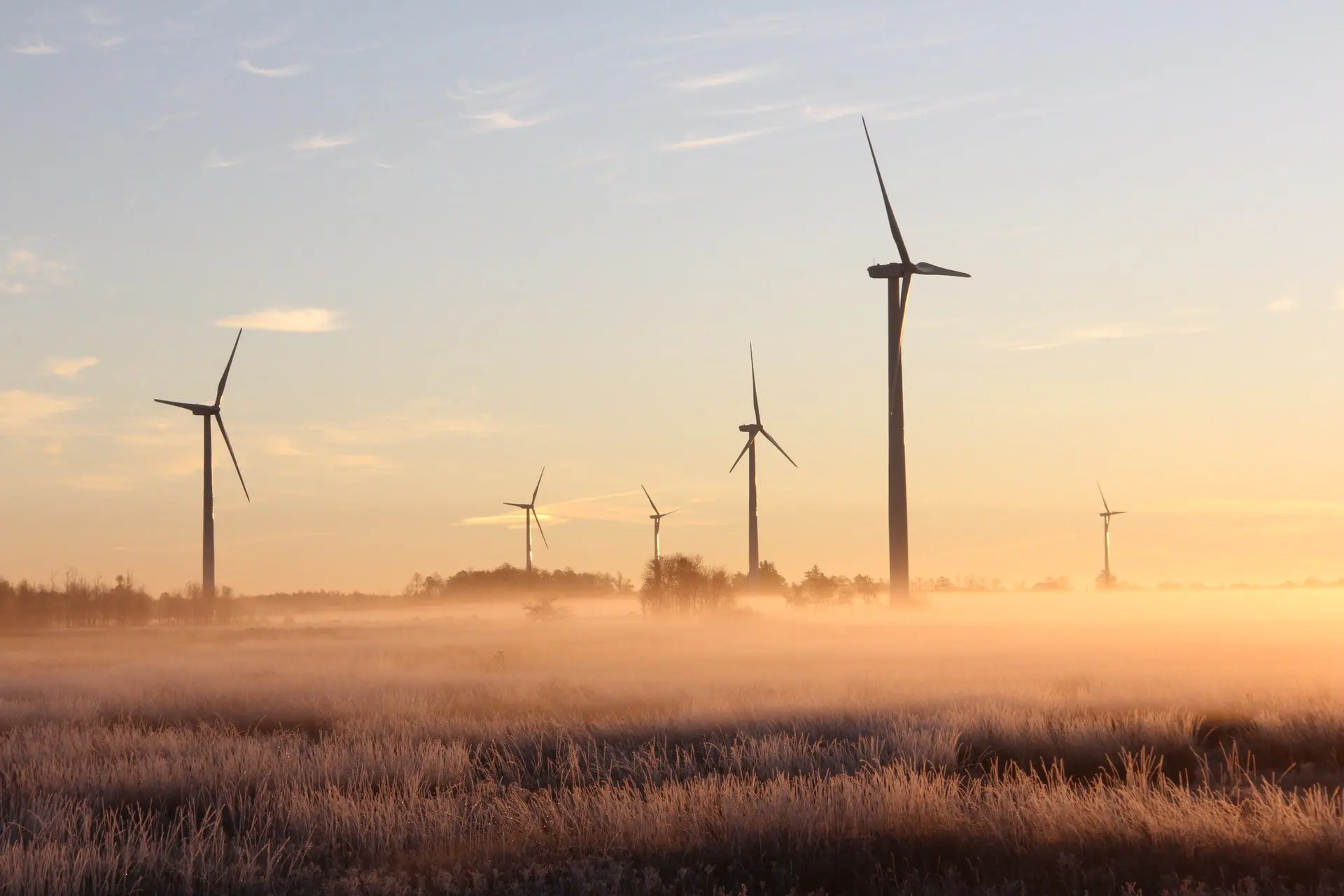
6 Ways to reduce your Carbon Footprint
By Louise Palmer-Masterton, Stem & Glory
While governments and large corporations need to take urgent action to tackle the huge issues involving the environment and the planet’s limited resources, we need to do our bit. But what are the meaningful steps we can all take in our daily lives that will help accelerate our journey to net-zero?

1. Reduce consumption, and reduce waste
When you are shopping, ask yourself these three questions every time you pick up something:
– Do I really need this?
– Where was this made?
– What happens to this when I no longer need/want it (in the case of food, what happens to the packaging)?
Base your purchasing decisions on your answers to these questions. It’s not about being 100% perfect, but in this way, you can train yourself into better buying habits, and it’s amazing how fast this process can change your mindset.
Recently I bought an ‘Eco-Egg’ which is an innovative laundry washing system that cleans clothes effectively, using two types of mineral pellets plus a small amount of detergent, encased in a recyclable egg.

2. Move to a 100% renewable energy tariff
The most significant step anyone can take, both in their home or business is to move your energy supply to a 100% renewable tariff. If you combine this move with energy-saving actions, such as LED lights, and energy-saving devices, the increased cost of these tariffs can be offset by behaviour change.
Don’t underestimate the power of many small actions combined to make a significant difference. For example, if the oven is on, utilise it to cook more food than just one meal on one shelf. You can retrain your mind to question if every single energy use is necessary.

3. Reduce your own use of single-use
Get yourself a lunch box and a reusable cup and take it everywhere with you instead of using single-use items. Use the lunchbox to take your own lunch, but also carry an empty lunchbox – restaurants and cafes are often very happy to fill your box rather than a take-away box, and it’s very handy to take restaurant leftovers. It’s surprising how quickly you can wean yourself off single-use, so it becomes a very occasional, rather than daily, habit.

4. Avoid anything wrapped in plastic
The fastest way to bring about collective change is via our demands as a consumer. If we buy products in paper, card, glass and aluminium and shun products in plastic, this will drive the market.

5. Avoid grab and go for your working lunch
The nature of grab-and-go means it will always involve single-use. Consider the sheer volume of single-use in just one lunchtime up and down the UK. Doesn’t matter if it’s ‘biodegradable – biodegradable packaging doesn’t solve the huge issue of mass disposability and the huge amount of energy that is wasted when something is used once and then thrown away. Recycling is not the answer. Eliminating single-use is the answer. Consider supporting cafes and restaurants by eating in rather than at your desk. Food eaten off a plate tastes better too!

6. Eat more plants, and eat seasonally
The sheer variety of produce we can get year-round is amazing, but as we are starting to realise, very unsustainable. Market forces have driven these unsustainable import and export practices. Whilst it is true that simply by being vegan you will lower your emissions, not all vegetables are equal. It’s important to understand the cycle of the seasons and eat veg in harmony with that. Imported food isn’t always bad, but the mode of transport is important. Slow is good, fast is bad. So, if something is not in season here, and it has a short shelf life, 100% it will have been flown here – so best to avoid it.
There are of course big changes that need to happen on a global scale, and the science is very much at the start of its journey towards cleantech and carbon capture. But as individuals, we exert huge influence as consumers and by questioning all our own personal habits. A green future has to be driven by individual responsibility, and commitment by all. It’s not going to win over everyone, but we can make it our personal mission.
If your neighbour isn’t doing it, don’t let that be a reason why you don’t. Change your own life and stand as an example to others who DO want to help bring about change.
